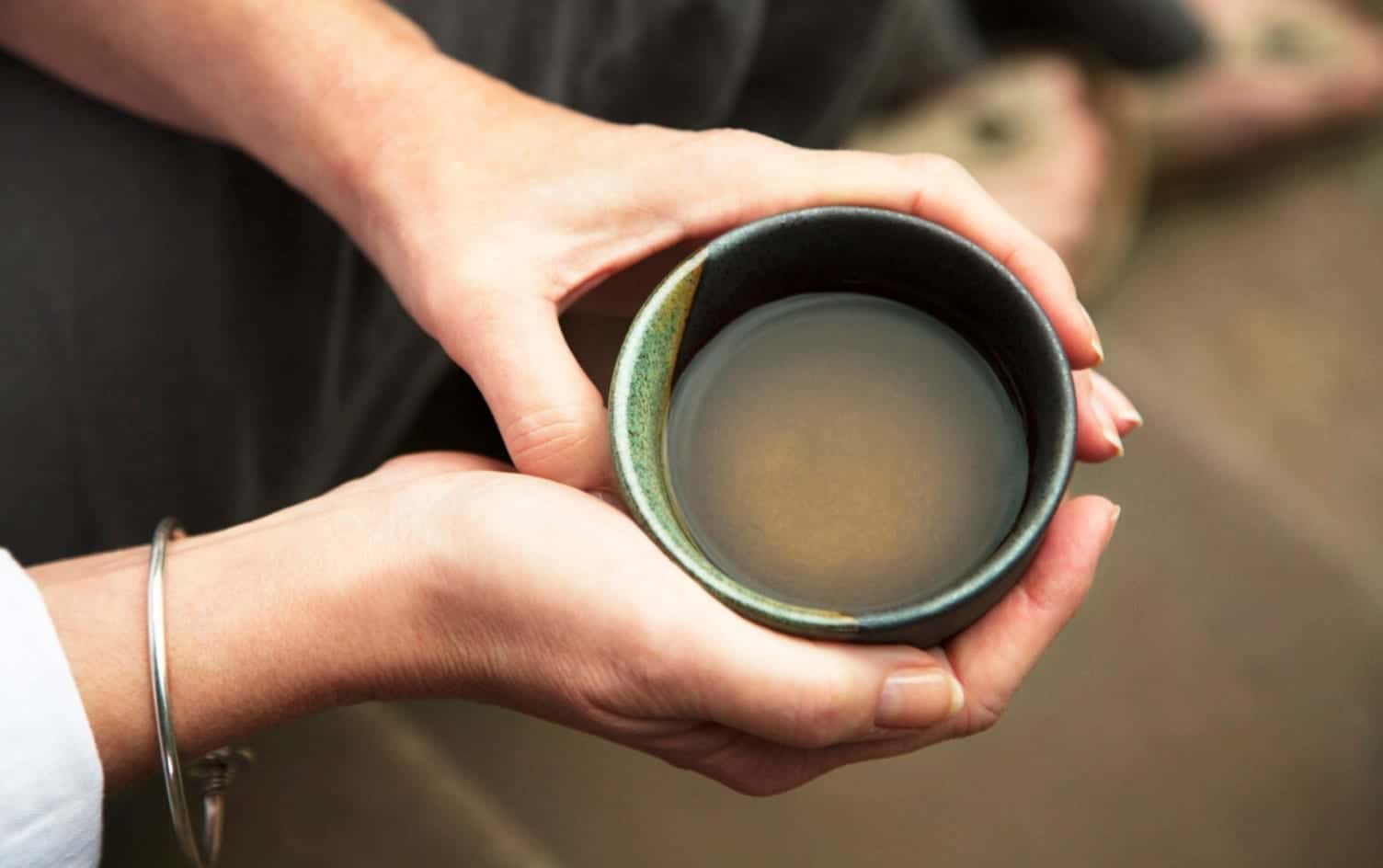A new study is adding to green tea’s reputation as a health-boosting beverage. People who drink green tea at least three times per week have a 20% lower risk of atherosclerotic heart disease compared to non-sippers, according to a recent study in the European Journal of Preventative Cardiology. (Atherosclerosis is the build-up of fats — or plaques — in the arteries, which can restrict blood flow.) Fans of green tea were also 15% less likely to die from any cause.
THE SCIENCE
In the study, researchers analyzed data from 100,902 adults across China since 1998. They assessed green tea consumption via food questionnaires and ran that data against hospital records and death certificates to look for disease rates as compared to green tea drinking. After about a seven-year follow-up, they found green tea drinkers lived 1.4 years longer and had clearer arteries compared to non-tea drinkers.
WHY GREEN TEA IS SO POWERFUL
Green tea is packed with potent plant compounds called flavonoids, which are antioxidants. In particular, green tea is rich in epigallocatechin-3-gallate (EGCG). These antioxidants counter the disease-causing effects of free radicals and inflammation. They also aid heart health by improving the function of blood vessels as well as specific cells in the heart. What’s more, these flavonoids could help decrease heart disease risk by helping regulate blood pressure and reduce levels of lipids (fats) in the blood, like cholesterol, to keep arteries free and clear.
POPULAR GREEN TEA VARIETIES
- SENCHA
This is the most common variety of Japanese green tea. It’s rich in vitamin C, low in caffeine and has a herbaceous flavor. - MATCHA
This powdered form of green tea is popping up in grocery stores and coffee shops (think trendy matcha lattes) worldwide. Since matcha powder is made using the whole tea leaf, it’s rich in antioxidants and also contains more caffeine. - GYOKURO
This green tea is similar to Sencha, except that the tea leaves are hidden from sunlight three weeks prior to harvest. Thus, the leaves undergo less photosynthesis, keeping the strong-flavored amino acids in the plant and yielding a fuller taste.
HOW THIS STUDY FITS IN WITH PREVIOUS RESEARCH
This new study adds to the growing body of research linking green tea consumption to better heart health. An earlier meta-analysis concluded green tea consumption could decrease both systolic blood pressure (the top number) and diastolic blood pressure (the bottom number) each by two points compared to control groups and that green tea was especially effective for those who have high blood pressure.
Previous studies also show green tea can help decrease the risk of certain cancers (like stomach, prostate and oral), and it may also be protective against diabetes and obesity.
If that’s not enough to convince you, consider that green tea may also keep your brain sharp. Sipping it at least once a day was associated with a 30% lower risk of cognitive decline among older adults compared to consuming the brew less often, according to a study in Public Health Nutrition.
Other compounds in green tea may also help perk up your attention and decrease anxiety, says a review of 21 studies from Swiss and UK researchers. They posit that the caffeine (which is alerting and mood-boosting) and l-theanine (a compound that’s believed to help calm your nervous system) may combine to improve attention while helping you shake off stress.
Finally, tea drinkers, in general. have healthier diets. As a study in Nutrients discovered, adults who drank tea, including green tea, consumed more protein, heart-healthy fiber and potassium, as well as energy-revving iron, and bone-strengthening magnesium. Plus, tea helps you stay hydrated and tends to push out less healthy stuff, such as added or artificial sugar found in soda and diet drinks.




